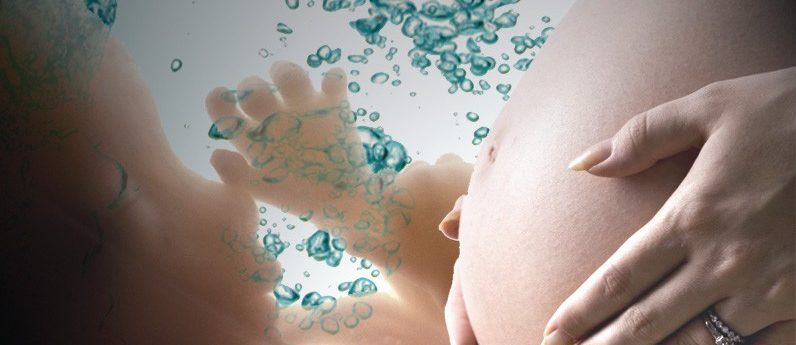Immunosensor developed for biotin detection

Researchers from the University of Malaya (Kuala Lumpur, Malaysia) have developed a new electrochemical immunosensor that can reliability and accurately detect concentrations of biotin in serum samples, without the need of sample pretreatment. This will enable researchers to quantify levels of biotin more efficiently, owing to reduced analysis time.
Although the recommended allowance of biotin, also known as vitamin B7, required by children and adults is usually achieved through diet alone, monitoring biotin levels is important for pregnant women. This is because biotin is involved in normal fetal development and deficiency can lead to fetal malformations.
The validation of the immunosensor was outlined in a study published in the Journal of Electroanalytical Chemistry. The researchers validated the immunosensor with a standard HPLC method, demonstrating the reliability of the immunosensor without the need for sample pretreatment, which is required for HPLC analysis. This means that the quantification of biotin in serum samples can be analyzed in as little as 15 minutes.
In addition, it was also demonstrated that the immunosensor has a high specificity for biotin, since the surface of the immunosensor had a strong anti-fouling capacity, which reduces the adsorption of non-specific proteins onto the sensor.
Sources: Khoo M.M, Khan L. N, Alias Y, Khor S.M. Impedimetric biotin—immunosensor with excellent analytical performance for real sample analysis. J. Electroanal. Chem. 799, 111–121 (2017); https://phys.org/news/2017-07-vitamin-b7-device-food-clinical.html
